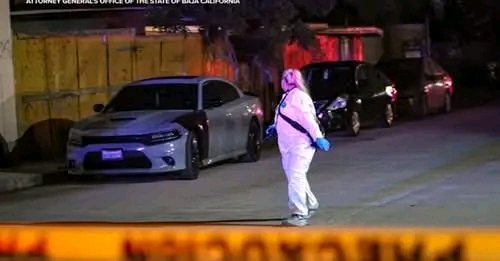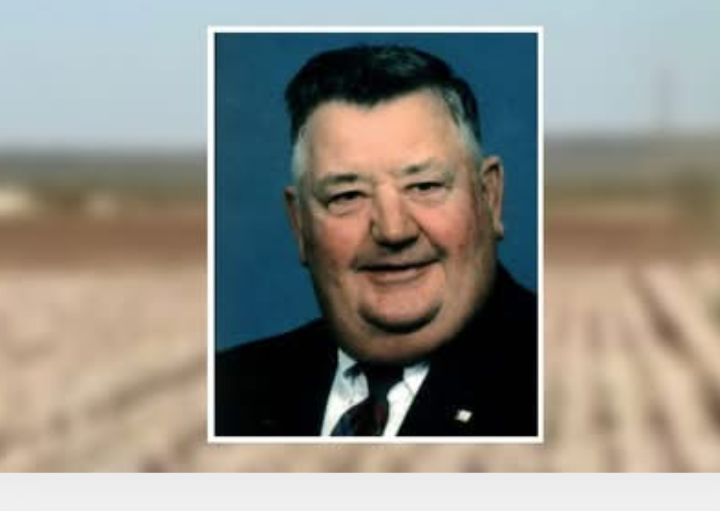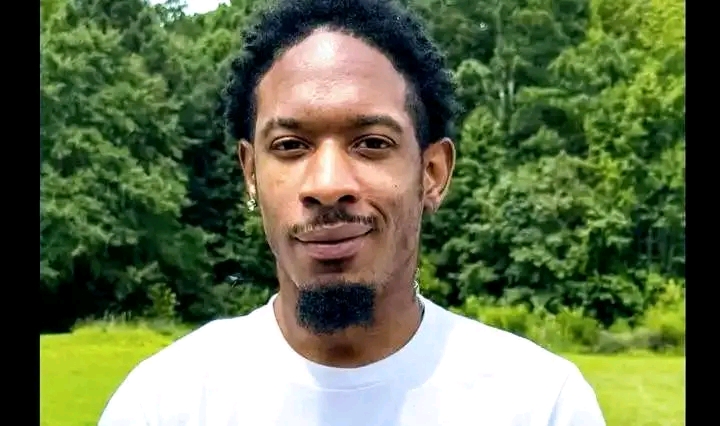Baja California Discovery of Aracely Romero Acevedo’s Body Sparks Binational Murder Investigation and Grief
Baja California, Mexico — The quiet calm of a neighborhood in El Centenario, La Paz, was shattered when emergency responders opened the door of a parked vehicle and discovered a horrifying scene: the lifeless body of Aracely Romero Acevedo, showing clear signs of strangulation. What began as an anonymous tip quickly spiraled into an international homicide case that has left two nations—Mexico and the United States—working together to piece together a story marked by violence, betrayal, and unbearable loss.
Authorities in Mexico confirmed that the discovery took place late Saturday evening, just after 8:30 p.m., at Rancho San José del Cabo. Aracely’s body bore the unmistakable evidence of a violent struggle. Her death, according to prosecutors, did not occur where she was found. The investigation quickly revealed that her murder had allegedly taken place in California, before her body was transported across the border and abandoned in Mexico. The suspect in question, Erik N., who lived in the U.S. without legal status for more than twenty years, is now at the center of a complex cross-border pursuit that spans jurisdictions and emotions.
Prosecutors believe Erik’s decision to move Aracely’s body from Long Beach to Baja California was deliberate—a calculated effort to obscure the crime’s origins and complicate the investigation by placing it between two countries with differing legal systems. Such an act, investigators say, not only deepened the cruelty of the murder but also highlighted the lengths he was willing to go to escape accountability. However, even in his attempt to hide, critical details began to unravel.
One of the most haunting revelations came from within Aracely’s own family. Her son, Erik Almanza, told investigators that his father had called him personally and confessed to the killing. That phone call, brief and devastating, turned the unimaginable into reality. For a young man who now bears his mother’s absence and his father’s betrayal, the moment will likely remain an unhealable wound—a cruel intersection of truth and trauma no child should ever endure.
Back in California, law enforcement agencies quickly mobilized. The Long Beach Police Department, LAPD, FBI, and the Baja California State Attorney General’s Office are now collaborating closely to ensure justice is pursued, no matter where the final proceedings take place. Yet, jurisdictional complexities loom large: who has the authority to file primary charges, how extradition might proceed if Erik is detained in Mexico, and whether he will face prosecution in the U.S. or abroad remain questions still unfolding.
For Aracely’s family, the nightmare continues on multiple fronts. They must navigate the heavy machinery of two legal systems, manage international documentation, and endure the bureaucratic pain of reclaiming their loved one across borders. Beyond the paperwork, they face the raw and enduring ache of loss—children growing up without their mother, a family robbed of laughter and comfort by an act of senseless cruelty.
Neighbors and friends in both Long Beach and La Paz have begun lighting candles, leaving flowers, and sharing memories of Aracely as a gentle, hardworking woman devoted to her children. Her story now transcends geography—it is a story of motherhood, migration, and the relentless search for justice. Though her life was taken far too soon, the fight for accountability continues in her name.
May Aracely Romero Acevedo’s memory serve as both a light for her children and a reminder that love, even in tragedy, endures beyond borders.
#BajaCalifornia #AracelyRomeroAcevedo #LongBeach #Obituary #CrossBorderInvestigation #JusticeForAracely #MexicoNews #CaliforniaCrime #TragicLoss











